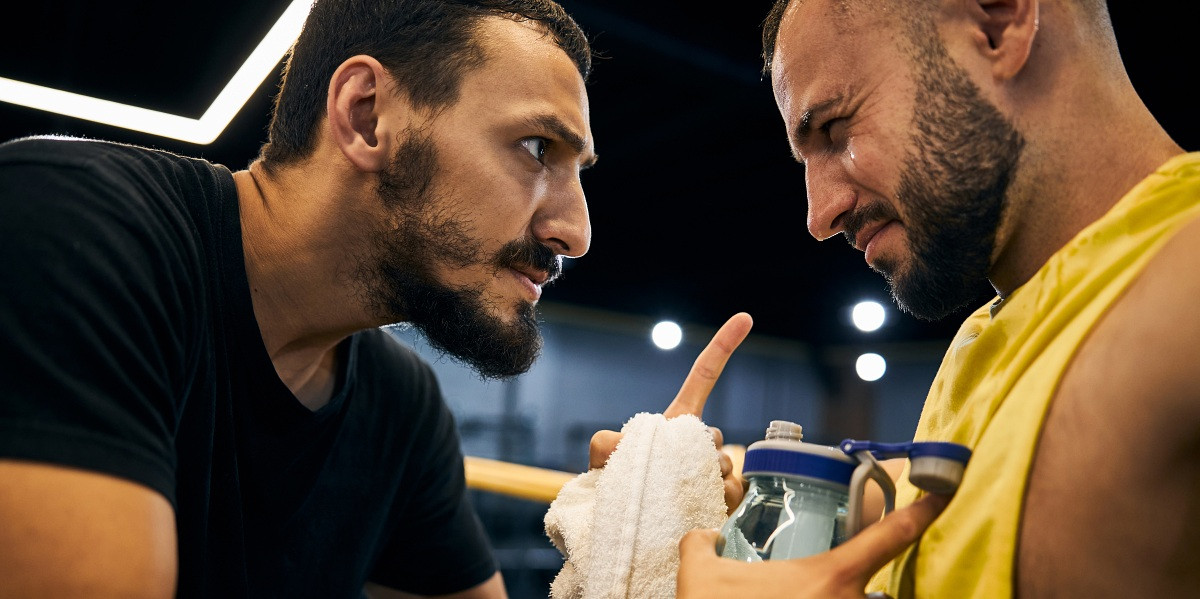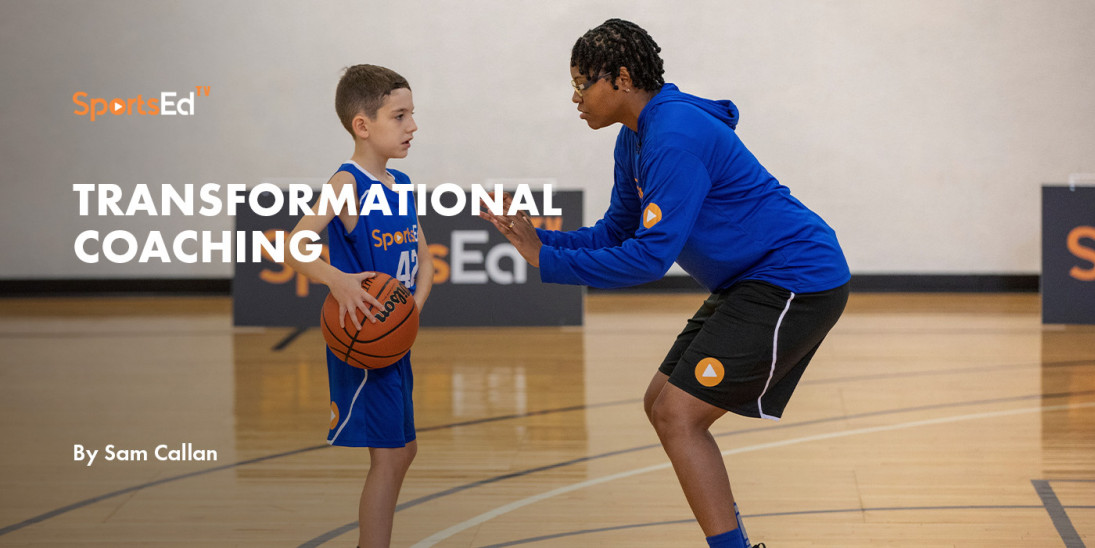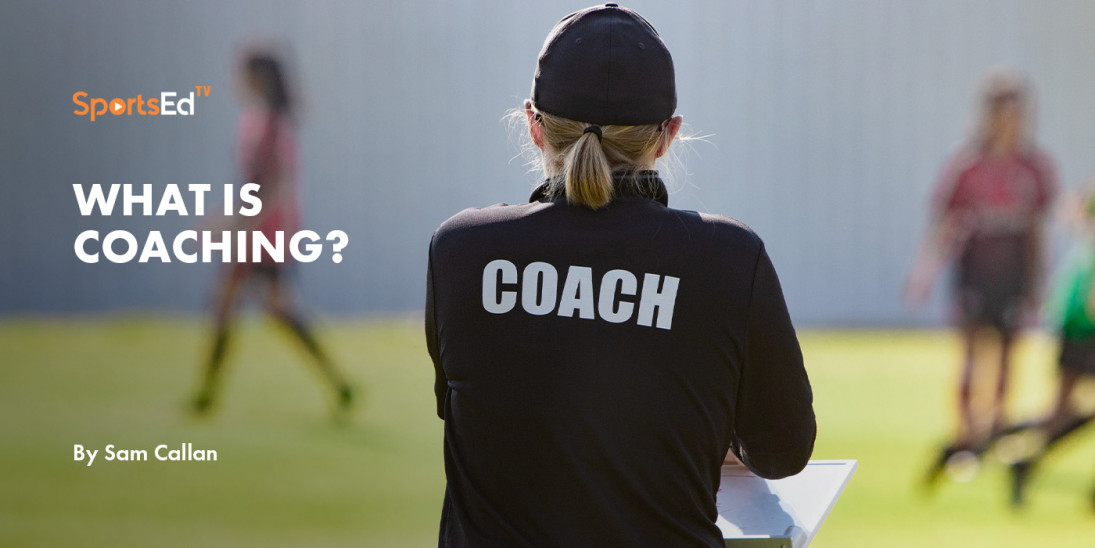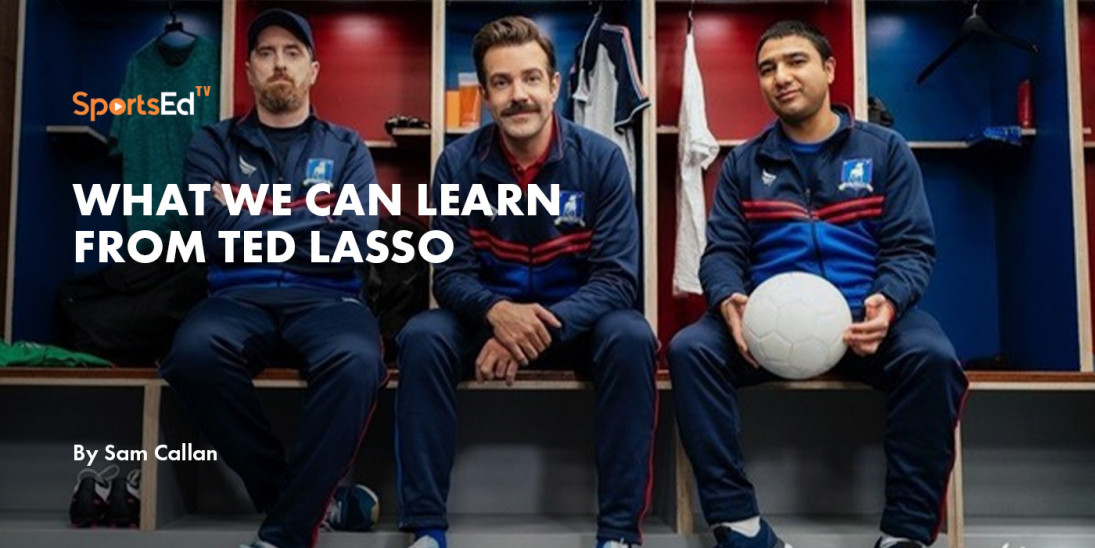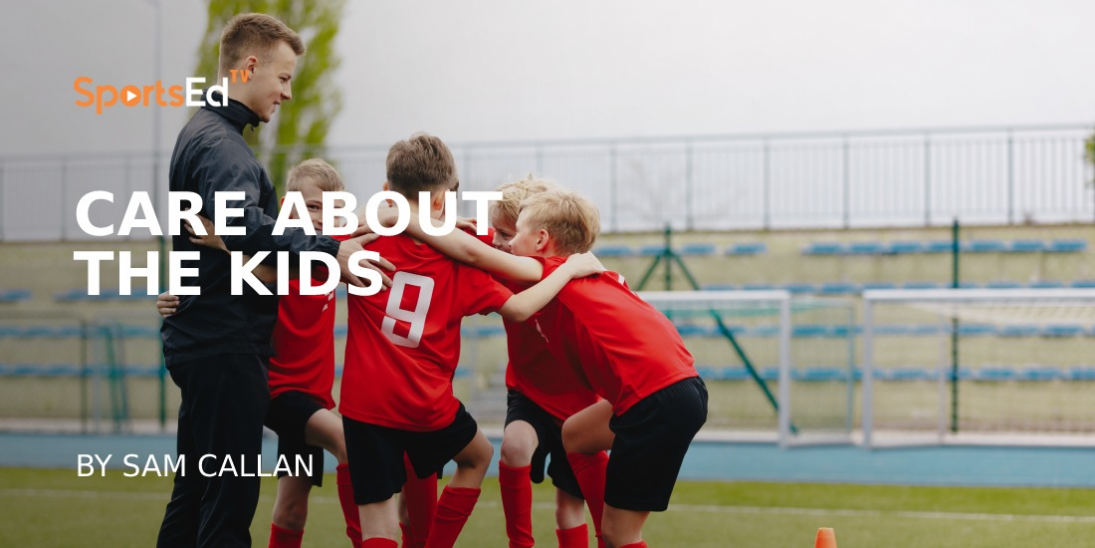Physical Education
Welcome and thanks for visiting...

Early Sports Specialization Does Not Impact Senior Performance

I will make no bones about my love for the Olympics and watching these amazing performances across so many sports is one of the joys the Olympics bring. The only Olympic sport I follow closely during non-Olympic years is track and field (athletics to many) so these 16 days bring me sports I know a bit about largely from my days working at the US Olympic Training Center in Colorado Springs, CO as an exercise physiologist.
Since I get to see sports, I (and most people) do not get to see regularly, I get to learn about a whole new group of athletes. During a US men’s water polo match, there was a feature about its goalie, Alex Wolf, who was a star volleyball player in high school while also playing water polo---in the same season. Wolf led his California high school water polo team to a league title and the semifinals of the state while also winning two Division 1 titles in volleyball.
An Olympian playing multiple sports growing up is not news. A survey of US Olympians (Google “USOC Path to Excellence” to read the entire paper) showed many of those responding played many sports before specializing in a main sport. In some cases, they even came to their main sport late. Rowing, for example, is a sport that draws athletes from other sports and at least in the US, many take up the sport in college. Great Britain had a program to recruit rowers prior to the 2012 London Games trying out women who met certain physical traits and turning some into medalists.
David Epstein’s book, Range, makes the case for being a generalist in ventures outside the sports world, but the idea came from his research into sports and finding many top athletes known for one sport often grew up playing a lot of sports. This despite the success of Tiger Woods and Andre Agassi who both famously specialized early in their respective sports.
A recent paper used meta-analysis to analyze predictors of world class performance to add to the case for a multisport participation. Gullich, et al., posit three central findings from the nearly 6100 athletes in the papers. First, adult world-class performers spent more time in multisport practice than their national-class counterparts. Second, in most cases those reaching high levels of success at the junior levels in their respective sports started main sport practice earlier and reached and reached performance milestones at a faster rate than their lower performing peers. Basically they peaked earlier. Lastly, youth-led play had negligible effects of senior performance.
An implication is that talent development programs such as specialized academies might be reinforcing faster pace junior achievements at the expense of senior performance and sacrificing long-term development in the senior ranks for early junior performance. Senior world class performers in the analysis were selected at later ages than their national-class counterparts.
Playing multiple sports might not make an athlete a world class performer, but it also will not keep a person from becoming a world class performer either. A good recommendation is not to put all your resources into the “early bloomers” and do what we can to keep kids engaged in sports, coach all the kids to get better, and keep them active for as long as possible.

